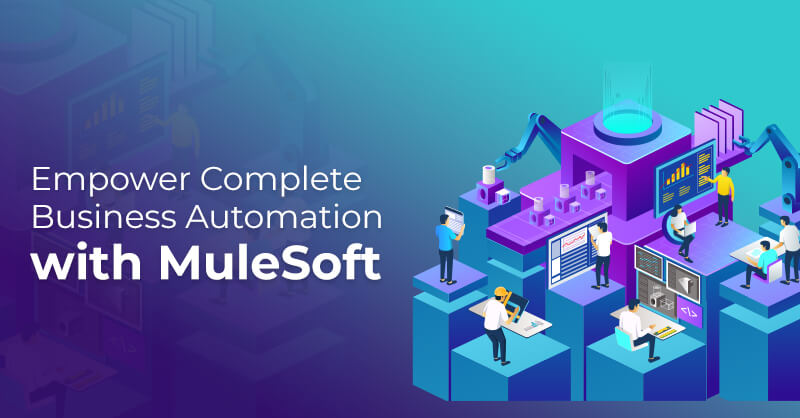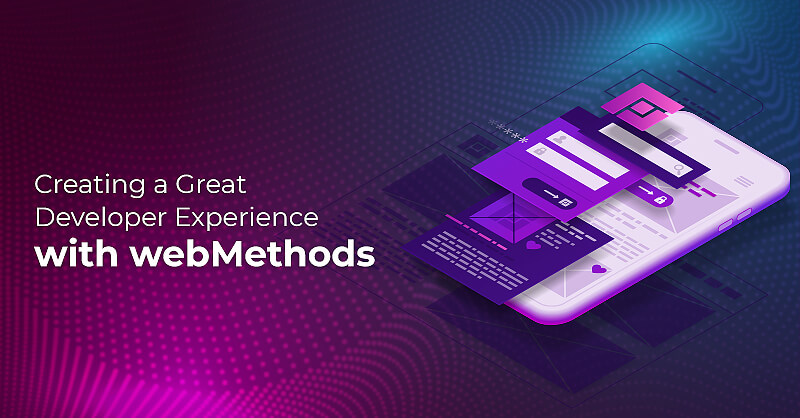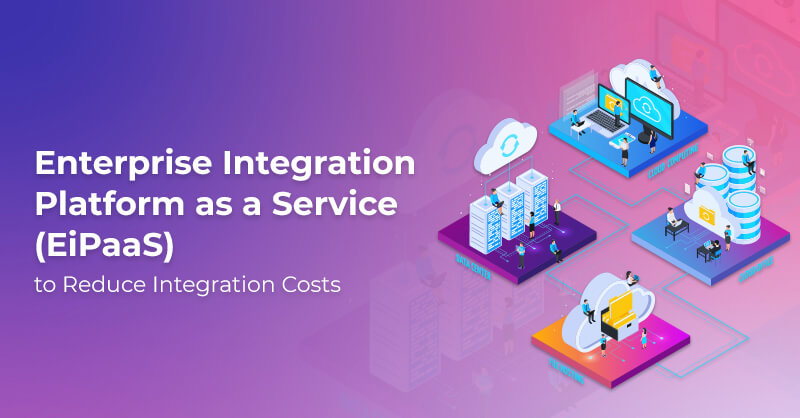Accelerating API Strategy with Google Apigee
Written by Ali Akhtar
Technical Account ManagerOver the last few years, System interactions have been simple, business-oriented, and fast. However, when Organizations plan a digital drive, system interactions play a pivotal role in exchanging data and business functionality and implementing new technologies in the existing legacy infrastructure to drive market innovation and provide value.
Here comes the need for a layer that could easily exchange data, secure the communication between the systems, provide a face for partners to interact seamlessly and connect thoroughly, and drive the need to provide analytics and monetize customer data.
Not only that, but many organizations have adopted APIs to expose data from disparate systems to their data lakes and rapidly integrate insights directly into front-end applications.
Leaders like Amazon, Google, eBay, Twitter, and Facebook utilize the best benefit of innovation, and their entire business services are delivered via APIs.
Best Practices for API
To overcome this need, Royal Cyber brings an Apigee API Management platform that enables digital business acceleration with a unified and extensive platform, purpose-built for the digital economy. Apigee Edge makes it simpler by managing the total digital value chain with API Services, Analytics Services, and Developer Services.
API Services unifies the best of Internet and enterprise technologies with API Gateway, Policies and Programmability, Versioning and Governance, and Oauth & Security. Developer Services enable a great developer and community experience that accelerates API adoption, simplify learning, and increases the business value of APIs. Edge Analytics Services enable end-to-end visibility across the digital value chain with developer analytics, operational and business metrics, App performance, and custom reports that are necessary to monitor, measure, and manage success.
Apigee Edge is built on key architectural principles that are key to digital success – maintaining state at Internet scale, self-service throughout the product footprint to improve productivity, and flexible deployment – private or public cloud or hybrid.
Companies have varying needs when building APIs. Without the right tools, developers waste precious time and productivity building components repeatedly, building capabilities that are not core to your business, and being constrained with limited options and approaches when presented with varying levels of complexity. For example, in some cases, coding makes sense, in others, configuration. In some cases, UI makes sense. In some others, command line and APIs. In some instances, best-practice policies make sense, in others, custom code. Constraining developers only limits their potential to build awesome APIs and introduces unnecessary delays in your projects.
Capturing the Values of API
Depending upon the business priorities, each API model is associated with a specific set of features. For example, internal APIs are designed primarily to streamline internal development and simplify underline systems and operational processes. Meanwhile, partner APIs allow external firms to access data and enhance their products and services or create new ones. Then comes the Public APIs, which opens the world for developer community across the globe, fintech to build innovative services around the APIs exposed and integrate them.
APIs interoperability and ability to add value translate into a superior user experience, customer satisfaction, and support. Businesses exploring cloud adoption quickly realize that APIs are essential to creating and delivering services through the web.
APIs expose business data to other applications or third-party systems; therefore, they require strong security, which would prevent these APIs from different attacks such as data theft, etc. To make that happen, Apigee API Management comes with OAuth grant types which are token-based authentication and authorization on the internet, multi-factor authentication (MFA) and Transport Layer Security (TLS), Mutual Transport Layer Security (Mutual TLS), rate-limiting policy to protect any traffic spikes due to DOS attacks. They also have Role-Based Access Control (RBAC), Security Assertion Markup Language (SAML) to share security information about identity, authentication, and authorization across different systems.
API Management offers a complete version control mechanism to manage requests and responses between multiple systems. However, APIs mainly depend on documentation to outline the available calls, arguments, parameters, messages, and other elements associated with an API.
API-Powered Digital Ecosystem with Royal Cyber
Digital Business requires a way to monetize APIs for that, Apigee offers a comprehensive Monetization module that supports many different business models. In addition, Apigee monetization provides the end-to-end capabilities to create, publish and access a variety of rate plans and other configurations. At Royal Cyber, we can customize Apigee monetization on your existing platform by extending the value of digital strategy.
In general, there are several key reasons to opt for an API Platform if the customer wants to increase the revenue, deliver digital value, stimulate business and technical innovation, and ease out the integration between underline platforms. Royal Cyber can be your key partner in delivering value to your Apigee initiative. For more information, you can email us at [email protected] or visit www.royalcyber.com.



